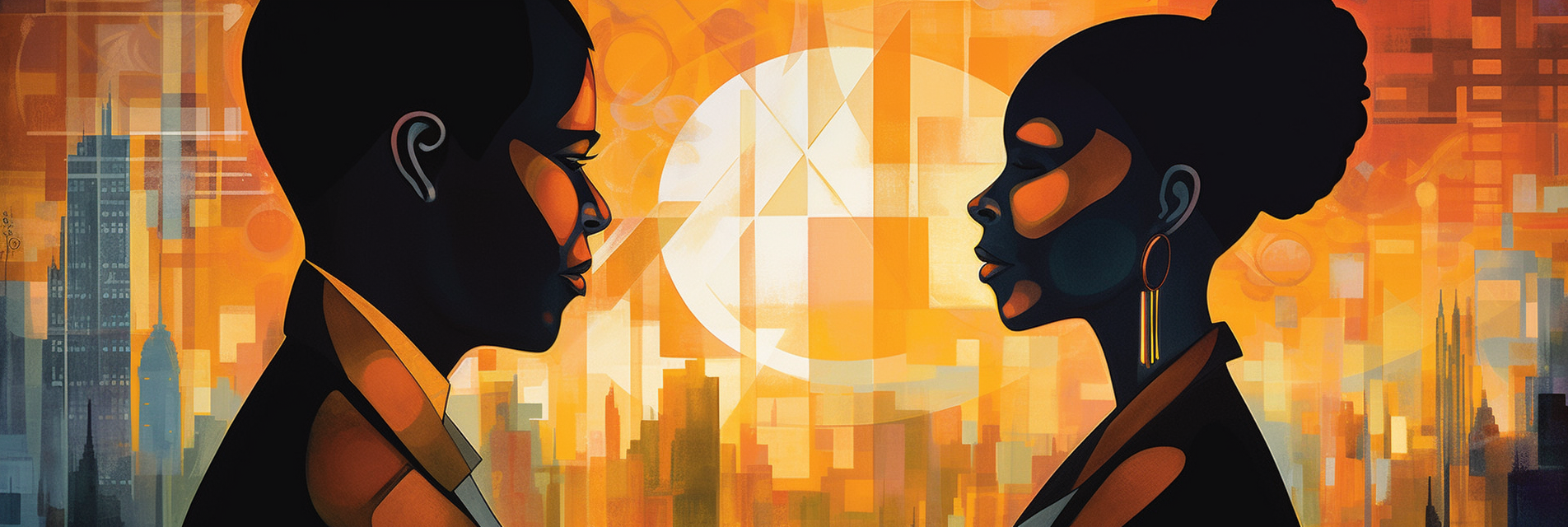Are Black Children Safe in Dallas?
-Dallas lacks police officers from black communities. Police don’t reflect or represent our communities like they should.
-Our DISD schools are failing, and DISD President Justin Henry and Superintendent Elizalde say black kids deserve choice
-What future can black children expect in this city? And how can we change things?
Just three short weeks ago, Kyrie Barnes died while asleep in his home. Killed by a coward’s stray bullet. The week’s newsletter is dedicated to his memory; our thoughts and prayers remain with his family. His tragic fate leads us to ask whether black children are being cared for in Dallas and set up for success. The obvious answer is a resounding NO. Black children are being put in unsafe conditions, in failing schools, and therefore are being set up for failure. This is unacceptable.
The Crisis in Policing
**Lack of Representation**: The Dallas Police Department is woefully understaffed and facing a labor shortage of about 1000 officers. Unsurprisingly, their ranks are alarmingly devoid of officers from Black communities. This absence of representation means that the police force does not reflect or understand the unique need’ unique needs and cultural nuances. This disconnect fosters mistrust and hampers effective community policing.
**Delayed Response Times**: Once, a 911 call in Dallas would bring a swift response, ranging from 5 to 30 minutes. Now, it takes hours for the police to arrive. While we recognize other efforts to lower the crime rate, this crippling shortage disproportionately impacts Black communities, leaving them vulnerable and underserved. Making people file police reports online is a half measure that sidesteps the real crisis of how our communities need police to show up quickly and responsibly for all of our safety. The general sentiment is that we can only get the police to appear in affluent neighborhoods like Highland Park but never Oak Cliff or other Black neighborhoods.
There are positive developments that must not go unnoticed. Antong Lucky from the non-profit Urban Specialists is working tirelessly to ensure that felons reentering the community can find opportunities to work dignified jobs and get back on track with their lives. His work with Police Chief Eddie Garcia plays a role in reducing crime, and Dallas Justice Now commends his organization’s efforts regarding that.
The Failure of Education
**Struggling Schools**: DISD schools in predominantly Black neighborhoods fail our children. DISD President Justin Henry and Superintendent Elizalde’s stance that Black children do not deserve choice is both misguided and deeply offensive. They view our children as mere wards of the state, associating their attendance with money owed to the school system, and only mention the student if there is an award to publicize. If, however, the child is failing, then it can never be the school system; the burden of responsibility is on the child and the parents. It is this attitude that leads to poor outcomes.
This reductionist perspective overlooks each child's unique needs, potential, and individuality. It fails to recognize that education is not a one-size-fits-all solution, especially for children dealing with poverty, behavioral setbacks, or other challenges requiring specialized attention.
Rather than encouraging the community to solve its problems by providing them with the tools to have a community-driven charter geared to address the needs of our children, they have erected barriers. They seem to see the children as mere numbers, revenue streams, rather than young minds eager to learn and grow.
The lack of choice in education has led to a system where many Black children are trapped in underperforming schools. Public school proponents may argue that no one is forced to attend these schools, but the reality is far more complex. The high attendance in many of these failing schools is not a testament to satisfaction but a reflection of a system that offers no alternatives. The system has left parents and children with no other viable options.
This approach also undermines the role of parents and the community in shaping the education of our children. By denying choice, the DISD leadership say that they know better than the parents and the community what is best for Black children.
**Lack of Community-Driven Solutions**: Rather than empowering the community to create community-driven charters to address the needs of poor children with behavioral setbacks, the public school system has become an obstacle. The high attendance in many of these failing schools is not a choice but a reflection of a system that has trapped our children.
There is also a silver lining to this. While Superintendent Elizalde chose to fund a questionable artificial intelligence surveillance program, Michael Olaya, an engineer by trade and a teacher by practice, has provided us with dexterlearning.com, an AI tutor, to provide free educational assistance for students. Michael understands the value of school choice and is putting it to practice.
The Uncertain Future
**Need for Role Models and Vocational Training**: Black children in Dallas need positive role models and vocational training. Starting early with targeted education and mentorship can pave the way for a brighter future.
**Safe Streets**: The safety of our streets is paramount. Without a secure environment, our children’s growth and development are stifled.
A Path Forward
The challenges are daunting, but they are not insurmountable. Here’s how we can change things:
**Community Policing**: Advocate for recruiting more Black police officers and community-driven policing strategies that build trust and collaboration.
**Educational Choice**: Demand educational reforms that allow for community-driven charter schools and provide Black children with the tailored support they need.
**Investment in Youth Programs**: Support initiatives that provide mentorship, vocational training, and positive role models for Black children.
**Collaboration and Advocacy**: Work together as a community, with local leaders, to create policies and initiatives that prioritize the safety, education, and future of Black children in Dallas.
The time for complacency is over. We must rise, united, to ensure that Black children in Dallas are safe and empowered to thrive.
The future of our community depends on it.

